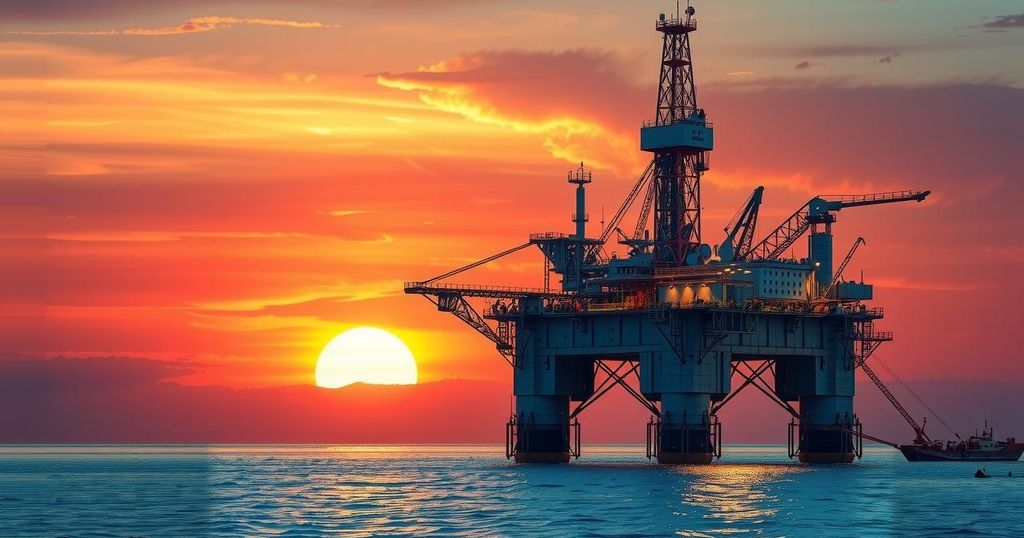Brazil plans to allocate funds from its $3.5-billion oil fund to revitalize its economy as President Lula’s approval ratings reach a historic low due to inflation and rising food prices. A committee will be formed to manage the fund’s spending, while Lula also supports oil drilling in the Amazon to bolster revenue for green energy transition.
Brazil is planning to utilize its $3.5-billion social fund, which collects revenues from oil and gas exploration, to stimulate the economy amid plummeting approval ratings for President Luiz Inacio Lula da Silva. Rising inflation and food prices have severely affected public confidence, causing a significant drop in Lula’s support from 35% in December to a record low of 24% in February, as indicated by Datafolha’s polling data.
The proportion of the population considering Lula’s government unfavorable increased, with 41% viewing it negatively, up from 34% in December. In light of these challenges, the Brazilian government has proposed establishing a committee responsible for managing the oil fund to determine the optimal allocation of funds, which could include general budget support or redistributing to various funds, according to a finance ministry representative.
In parallel with these economic efforts, President Lula has advocated for oil drilling in the Amazon. He is urging environmental regulators to approve drilling near the Amazon River, asserting that the revenues could facilitate a transition to renewable energy sources. “I want it (oil) to be explored. But before exploring, we need to research and see if there is oil and how much oil there is,” Lula emphasized in a recent radio interview.
In summary, President Lula’s administration seeks to leverage its $3.5-billion oil fund to improve the economy amid the lowest approval ratings of his presidency. The establishment of a management committee for the fund underscores the government’s proactive approach to targeting budgetary needs. Simultaneously, Lula’s push for oil drilling in the Amazon illustrates a dual strategy to stimulate economic growth while navigating environmental considerations.
Original Source: oilprice.com




